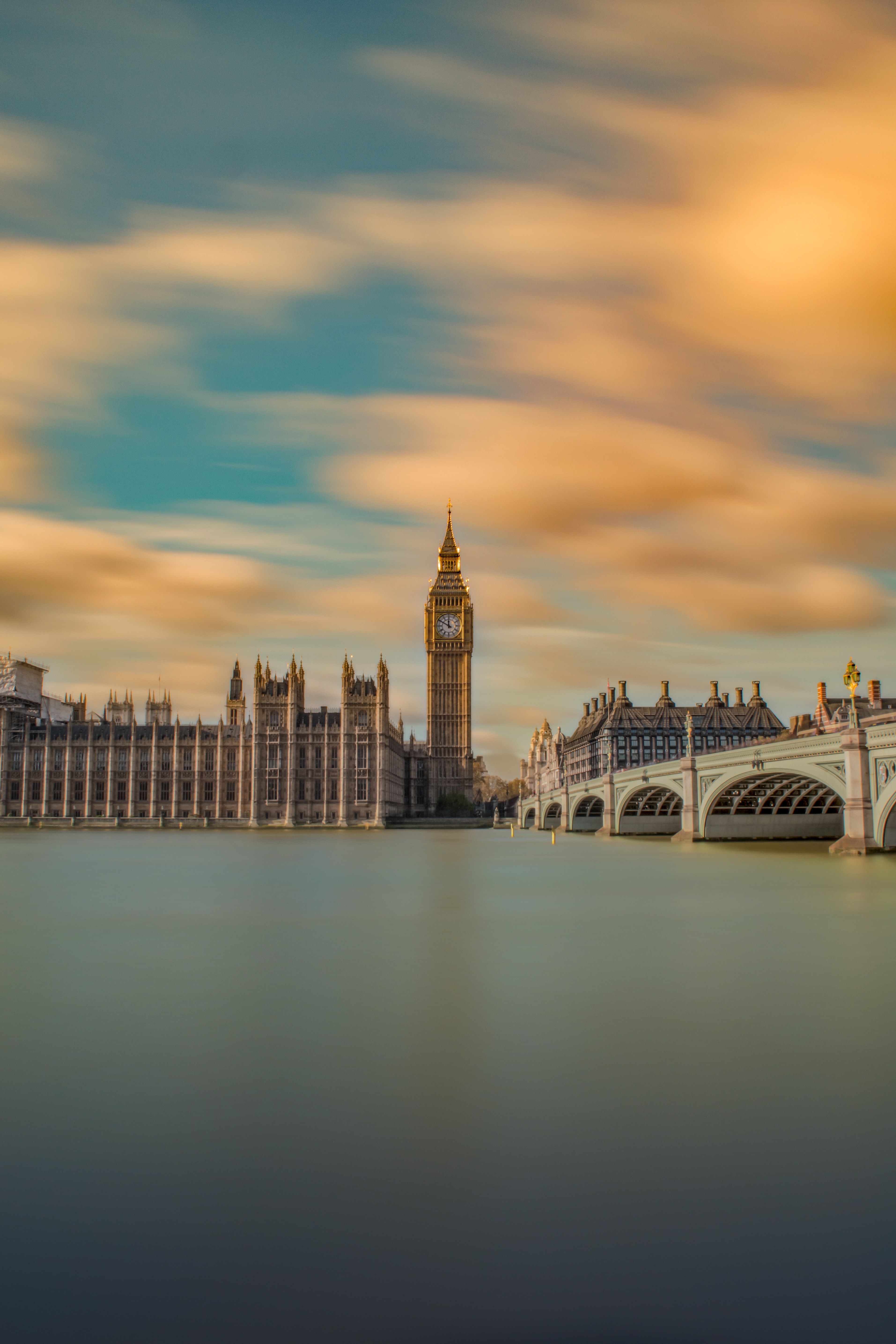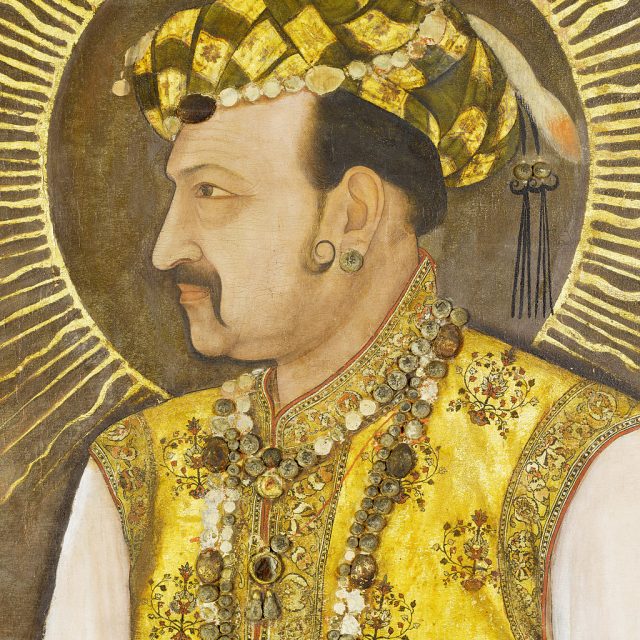Photo by Massimiliano Morosinotto on Unsplash
A campaign for overseas constituency MPs is gathering momentum with fresh backing from a group of cross-party MPs and peers.
The idea is to introduce overseas constituencies for the tens of thousands of UK citizens living and working abroad. This would mean they would be represented by an MP in the UK parliament, who represents all the other UK citizens in that country or region of the world.
Such a move is not without precedent. For example, in France there are 11 overseas constituency MPs. In fact, there are 17 countries and electoral systems with overseas constituencies, including several other European countries such as Croatia, Italy and Romania.
The campaign is being led by New Europeans UK and Unlock Democracy, and supported by campaign groups such as Brexpats – Hear Our Voice, Bremain in Spain, European Britons, British Multi Country Residents, along with various Liberal Democrat groups abroad.
Many UK MPs and peers have expressed their support, including Ben Bradshaw MP (Lab), Baroness Catherine Meyer (Con) alongside several Lib Dem MPs and Lib Dem peers.
Others are open-minded about the proposal, including Andrew Murrison (Con), Baroness Altmann (Con), Matt Western MP (Labour), Lord Watson of Invergowrie (Labour), and Lord Knight of Weymouth (Labour).
Dr Ruvi Ziegler, Chair of New Europeans UK said “We are asking Parliamentarians to support our campaign to introduce overseas constituencies for UK citizens living abroad, for instance by tabling parliamentary questions, initiating debates, tabling Early Day Motions, and pressing for the inclusion of support for overseas constituencies in party manifestos.”
Campaigners are encouraged by new UK legislation which will end the 15-year limit that had hitherto applied to voting eligibility of British citizens who reside abroad.
This means that any British citizen resident outside the UK, who was previously registered to vote in the UK, or was previously resident in the UK, will be entitled to vote in Parliamentary elections in future, irrespective of the length of their absence.
This, say campaigners, is important as Britons overseas are directly affected by decisions made by the Westminster Parliament – for example, on foreign policy, defence, immigration, or pensions. It is therefore right that they have a voice in elections to that body, it is argued.
There is, it is said, also the issue of representation. Rather than having their vote being “drowned out” and their interests dwarfed by the overwhelming number of constituents who reside in their UK Parliamentary constituency, those living abroad will have an opportunity to have their voice clearly heard through designated representation.
Some 233,000 overseas voters were registered ahead of the December 2019 UK General Election. According to House of Commons research, the Government estimates that the changes, ending the 15-year limit and allowing all British citizens previously resident to be eligible, will mean around 3.5 million British nationals living overseas would be eligible to register to vote.
According to ONS figures, there were 46,560,642 on the parliamentary electoral register in December 2021.
When it comes to potential boundary divisions, campaigners say these would need to be established by the UK’s Boundary Commission but a possible division might be as follows: Europe; Australia and New Zealand; the Americas; Africa; the Middle East and rest of Asia. The creation of overseas constituencies could come as an addition to current constituencies and not necessarily at the expense of existing constituencies.
MPs and others are being urged to sign up to a campaign statement which says, “We support establishing electoral constituencies outside the UK for eligible UK voters who reside there temporarily or permanently. Voters in these electoral constituencies would elect Members of Parliament to represent them in the UK Parliament.”




